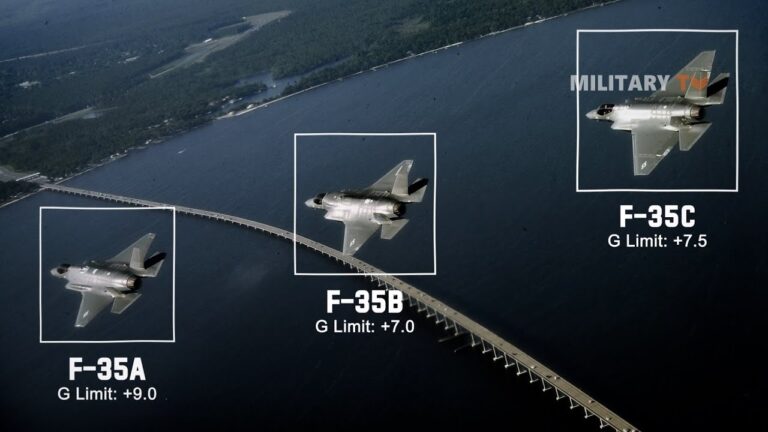Avionics Technicians Workplaces

Introduction to Avionics Technicians’ Workplaces

Avionics technicians play a crucial role in the aviation industry, responsible for the installation, maintenance, and repair of electronic systems on aircraft. These systems include communication, navigation, and flight control systems, among others. The workplace of an avionics technician can vary significantly, from small repair shops to large airlines and military bases. In this blog post, we will delve into the various workplaces of avionics technicians, exploring the different environments, job responsibilities, and requirements.
Types of Workplaces

Avionics technicians can be found working in a range of settings, each with its unique characteristics and challenges. Some of the most common workplaces for avionics technicians include: * Airlines and Airports: Many avionics technicians are employed by airlines, working on aircraft at airports or in hangars. Their primary responsibility is to ensure that the electronic systems on the aircraft are functioning properly, performing routine maintenance and repairs as needed. * Repair Stations: Dedicated repair stations specialize in the maintenance and repair of aircraft electronic systems. These facilities may be certified by regulatory bodies, such as the Federal Aviation Administration (FAA), and employ avionics technicians to work on a wide range of aircraft. * Military Bases: The military operates a large fleet of aircraft, and avionics technicians are essential for maintaining the electronic systems on these planes. Military bases often have their own maintenance facilities, where technicians work on aircraft, performing routine maintenance, repairs, and upgrades. * Manufacturers: Aircraft manufacturers, such as Boeing and Airbus, employ avionics technicians to work on the production line, installing and testing electronic systems on new aircraft. These technicians may also be involved in the design and development of new systems. * General Aviation: General aviation refers to private aircraft, including those used for business, recreational flying, and flight training. Avionics technicians working in general aviation may be employed by small repair shops, flight schools, or private companies, performing maintenance and repairs on a variety of aircraft.
Job Responsibilities

The job responsibilities of an avionics technician can vary depending on the workplace and the specific role. However, some common tasks include: * Installation and Maintenance: Avionics technicians install, inspect, and maintain electronic systems on aircraft, ensuring that they are functioning properly and meet regulatory requirements. * Troubleshooting and Repair: Technicians use specialized tools and equipment to diagnose and repair faults in electronic systems, often working under tight deadlines to minimize downtime. * Testing and Inspection: Avionics technicians perform routine tests and inspections to ensure that electronic systems are functioning correctly, identifying and addressing any issues before they become major problems. * Upgrades and Modifications: As new technologies emerge, avionics technicians may be involved in upgrading or modifying existing electronic systems, ensuring that aircraft remain airworthy and compliant with regulatory requirements.
Requirements and Qualifications

To become an avionics technician, individuals typically require specialized training and certification. Some of the key requirements and qualifications include: * Post-Secondary Education: Many avionics technicians hold a degree or diploma in a related field, such as aviation electronics or aerospace engineering. * Certification: In the United States, the FAA offers a certification program for avionics technicians, which involves passing a written exam and demonstrating practical skills. * Experience: Many employers require avionics technicians to have relevant work experience, often preferring candidates with a background in aviation or a related field. * Specialized Tools and Equipment: Avionics technicians must be familiar with a range of specialized tools and equipment, including test sets, multimeters, and oscilloscopes.
| Workplace | Job Responsibilities | Requirements and Qualifications |
|---|---|---|
| Airlines and Airports | Installation, maintenance, and repair of electronic systems | Post-secondary education, certification, and experience |
| Repair Stations | Troubleshooting and repair of electronic systems | Certification, experience, and familiarity with specialized tools and equipment |
| Military Bases | Maintenance and repair of electronic systems on military aircraft | Post-secondary education, certification, and security clearance |

📝 Note: The specific requirements and qualifications for avionics technicians may vary depending on the workplace, employer, and location.
In summary, avionics technicians play a vital role in the aviation industry, working in a range of settings to ensure the safe and efficient operation of aircraft electronic systems. From airlines and airports to repair stations, military bases, and manufacturers, the workplaces of avionics technicians are diverse and challenging. By understanding the different types of workplaces, job responsibilities, and requirements, individuals can pursue a rewarding career in this field.
What is the primary responsibility of an avionics technician?

+
The primary responsibility of an avionics technician is to ensure the safe and efficient operation of aircraft electronic systems, including installation, maintenance, and repair.
What types of workplaces can avionics technicians be found in?

+
Avionics technicians can be found working in airlines and airports, repair stations, military bases, manufacturers, and general aviation settings.
What qualifications and requirements are necessary to become an avionics technician?

+
To become an avionics technician, individuals typically require post-secondary education, certification, and experience, as well as familiarity with specialized tools and equipment.



